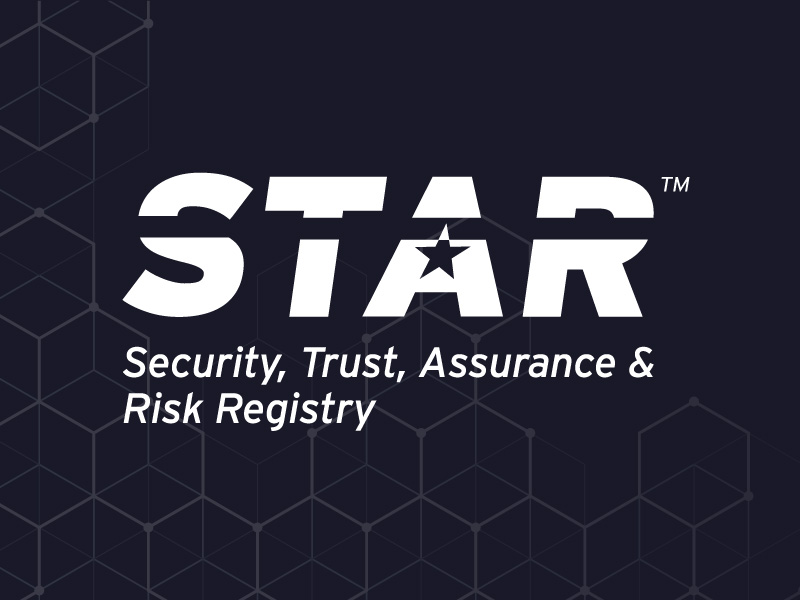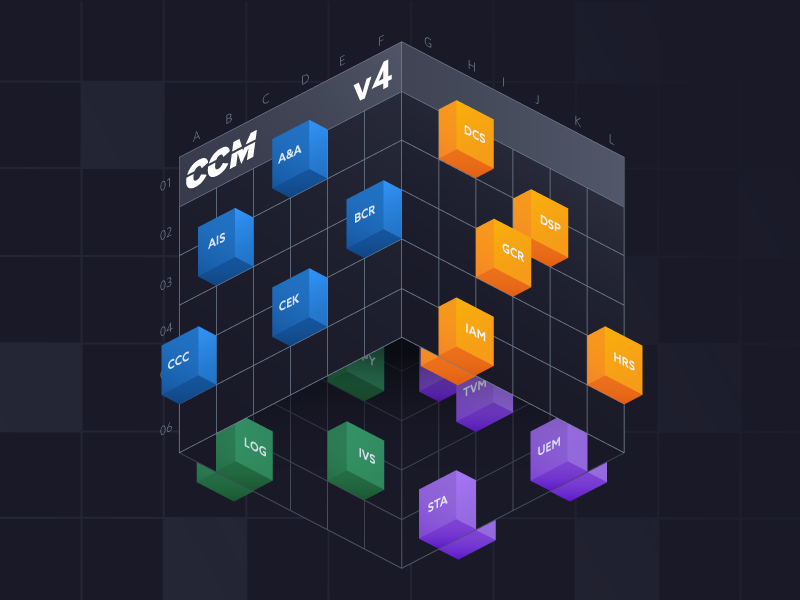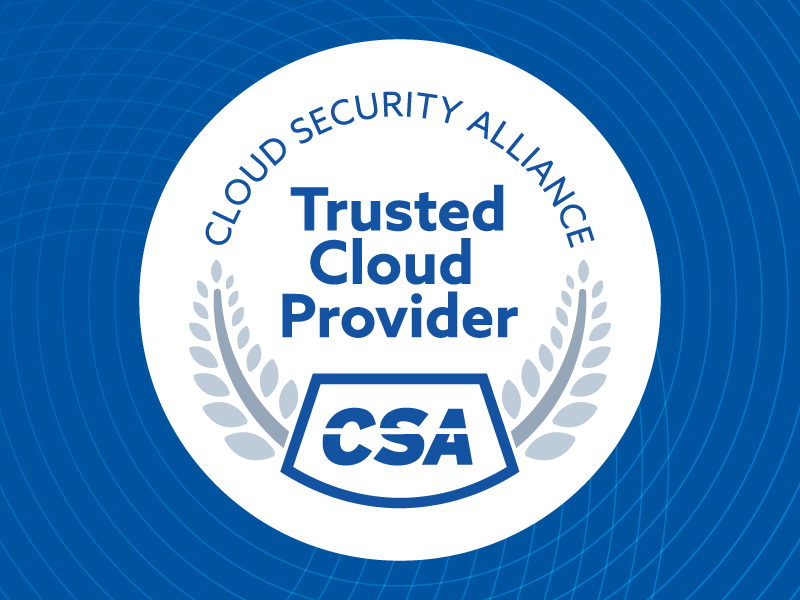What are the Keys to Success with SOC 2 Reporting?
Published 12/05/2023
Originally published by MJD.
Q: What are the keys to success with SOC 2 Reporting?
A: MJD Answer
It’s natural to feel pressure from your organization's SOC 2 exam. There are people counting on it, the expectations are not always clear, and the idea of potential “failure” will always introduce stress… but it doesn’t need to be that way. There are things you can do to simplify that process, collect value, and (for some) enjoy it.
Your first step is to relax and take ownership of the process. SOC 2 is about supporting controls to meet your customer's expectations. You are passionate about exceeding those needs in other aspects of the business and should bring that enthusiasm to your compliance program. That doesn’t mean working hard on what your auditor tells you to do - it’s understanding your customer's needs, building a system designed to meet those needs, and holding your organization accountable.
You might need to bring in a readiness consultant or a compliance platform to instill confidence, but having someone close to the work who is engaged in the process is critical. And regardless of how you approach it, here are some things you can do to uncomplicate and prepare for success:
- Familiarize yourself with the foundational aspects and context of SOC 2 reporting
- Take an inventory of what you’re already doing and the things you say you’re doing, and get organized
- Perform a thoughtful self-assessment of who you want to be to showcase the operation of your controls and respond to specific risks
- Determine the ideal state of your controls and document expectations in a way that everyone in the organization can understand
- Obtain organizational buy-in and ownership from executive leadership
- Prioritize data protection and arm your people with the resources to meet requirements
- Own the SOC 2 process and manage it like you would any other organizational activity
- Select consultants, tools, and an auditor that understands your business and aligns with your objectives
A: ChatGPT answer
SOC 2 (System and Organization Controls 2) reporting involves auditing and reporting on an organization's controls related to security, availability, processing integrity, confidentiality, and privacy. The following are some key factors that can contribute to a successful SOC 2 report:
- Define the scope and objectives: Clearly define the scope of the SOC 2 audit and the objectives to be achieved. Identify the systems and processes to be assessed and the control objectives to be tested.
- Establish a strong control environment: Establish a strong control environment, including policies, procedures, and standards that address the security, availability, processing integrity, confidentiality, and privacy of your systems and data.
- Conduct a thorough risk assessment: Conduct a comprehensive risk assessment to identify and mitigate risks associated with the systems and processes being audited.
- Implement controls: Implement controls to address the risks identified in the risk assessment. Ensure that the controls are properly designed, implemented, and operating effectively.
- Monitor and test controls: Continuously monitor and test controls to ensure that they are functioning effectively and addressing the identified risks. Document the testing results and address any deficiencies.
- Engage qualified auditors: Engage qualified auditors who are experienced in SOC 2 audits and understand the requirements of the AICPA SOC 2 framework.
- Communicate with stakeholders: Communicate with stakeholders throughout the SOC 2 process, including employees, customers, vendors, and regulators.
- Maintain documentation: Maintain detailed documentation of the SOC 2 process, including the scope, objectives, risk assessment, control environment, testing results, and audit report.
By following these key factors, an organization can increase the likelihood of a successful SOC 2 report and demonstrate to stakeholders that it has a strong control environment and is committed to protecting its systems and data.
About the Author
Most people describe me as a passionate, unconventional thinker with a unique talent for simplifying the complex. I have a degree from the University of Iowa, am a licensed CPA, and started my career as a financial statement auditor, where I developed a passion for process improvement and became a subject matter expert in applying the audit and attestation standards. I spent much of my career as a general practitioner, but when I began focusing on SOC reports in 2017, everything became clear, and I discovered the next step in my career path. I started MJD Advisors in 2021 with a niche focus on SOC reports for technology companies, and I hope I never have another job.
Unlock Cloud Security Insights
Subscribe to our newsletter for the latest expert trends and updates
Related Articles:
Agentic AI and the New Reality of Financial Security
Published: 02/26/2026
The Visibility Gap in Autonomous AI Agents
Published: 02/24/2026
OpenClaw Threat Model: MAESTRO Framework Analysis
Published: 02/20/2026





.png)



